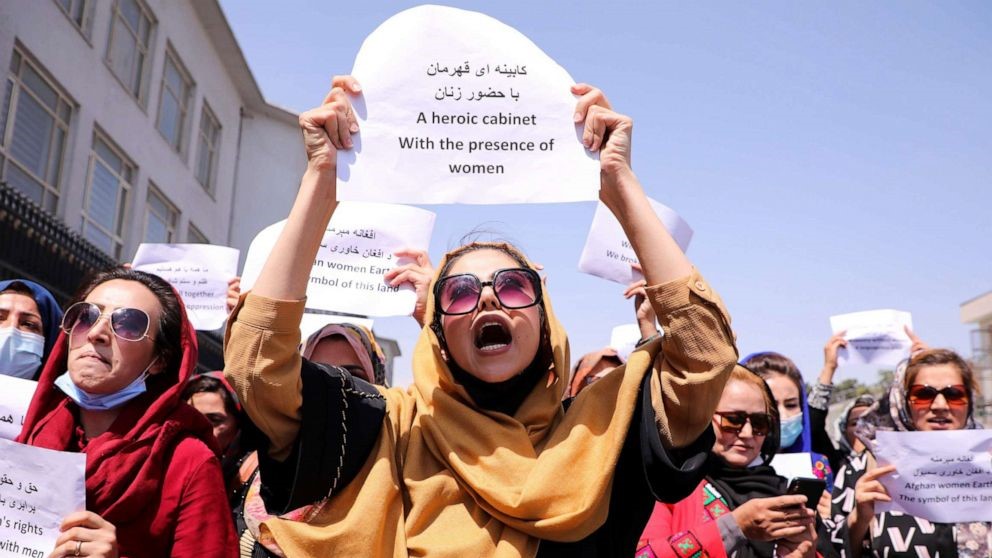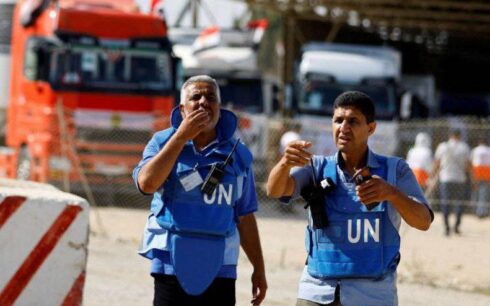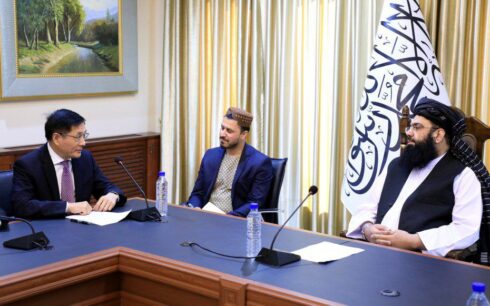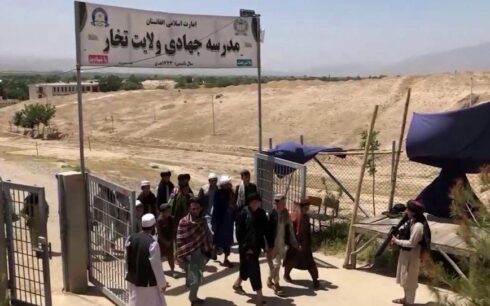Heather Barr, Associate Director of the Women’s Rights Division at Human Rights Watch, said on Monday that members of the United Nations Human Rights Council are anticipated to delve into the issue of gender apartheid in Afghanistan during their forthcoming session in September.
“In June of this year, the special rapporteur on the human rights situation in Afghanistan and the United Nations working group on discrimination against women and girls submitted a report to the human rights council, focusing on the situation of women and girls in Afghanistan,” Barr told Amu on Monday.
She elaborated, “Among the recommendations in that report was the proposal that states, including those that are presumably members of the human rights council, should commission a report examining the concept of gender apartheid. This report would assess whether it could serve as a valuable framework to address the circumstances in Afghanistan, where the Taliban have systematically dismantled the rights of women and girls as a core element of their governance system.”
Barr added that as the upcoming Human Rights Council session commences in September, activists will be closely observing whether member states choose to adopt this recommendation.
“The term ‘gender apartheid’ has been used by Afghan women’s rights activists for many years to characterize the Taliban’s violations against women and girls,” she underscored.
Over the past two years, there have been discussions on gender apartheid in Afghanistan following the imposition of numerous restrictions by the Taliban on fundamental freedoms and the rights of women and girls.
During this time, a host of UN experts, including UN Special Rapporteur Richard Bennett, Brannon Leafy, South Africa’s Representative to the Supreme Human Rights Council, women’s rights activists, Afghanistan and Iranian women, and former President Mohammad Ashraf Ghani have invoked the term “gender apartheid” on various occasions.
They have contended that the Taliban’s limitations on women and girls in the country could amount to gender apartheid and advocated for global recognition of this form of discrimination.
“Now is the time to address this issue, to ensure that no more women in Afghanistan are subjected to torture, oppression, systematic exclusion, or gender apartheid,” emphasized Prasto Yari, former Media Consultant at the Ministry of Peace Affairs under the previous government.
During the past two years, Afghan women have been barred from attending schools, universities, and working in non-governmental organizations, in addition to facing limitations in various other social activities.
Law experts suggest that when a gender group is stripped of its civil, social, and human rights, it qualifies as gender apartheid or gender discrimination.
In their view, the international community should now acknowledge this situation, paving the way for international courts to recognize gender apartheid as a criminal offense.
“The Taliban’s systematic discrimination against Afghan women could be classified as a crime against humanity under international law, similar to the recognition of racial apartheid against Blacks in Africa as a criminal act,” stated Ghulam Farooq Alim, a legal affairs expert.
Despite escalating restrictions on women and girls by the Taliban, regardless of domestic and international protests, the public holds out hope for the cessation of these constraints.
“Universities should reopen, girls’ schools should reopen, beauty salons should reopen, and recreational spaces should be accessible once more for women and girls,” voiced Navid Ahmad, a Kabul resident.
Taliban’s ban on girls’ secondary schools has deprived over 1.1 million female students of an education. The recent Taliban decision to prohibit women from visiting the Band-e-Amir national park in Bamiyan province sparked significant backlash.





